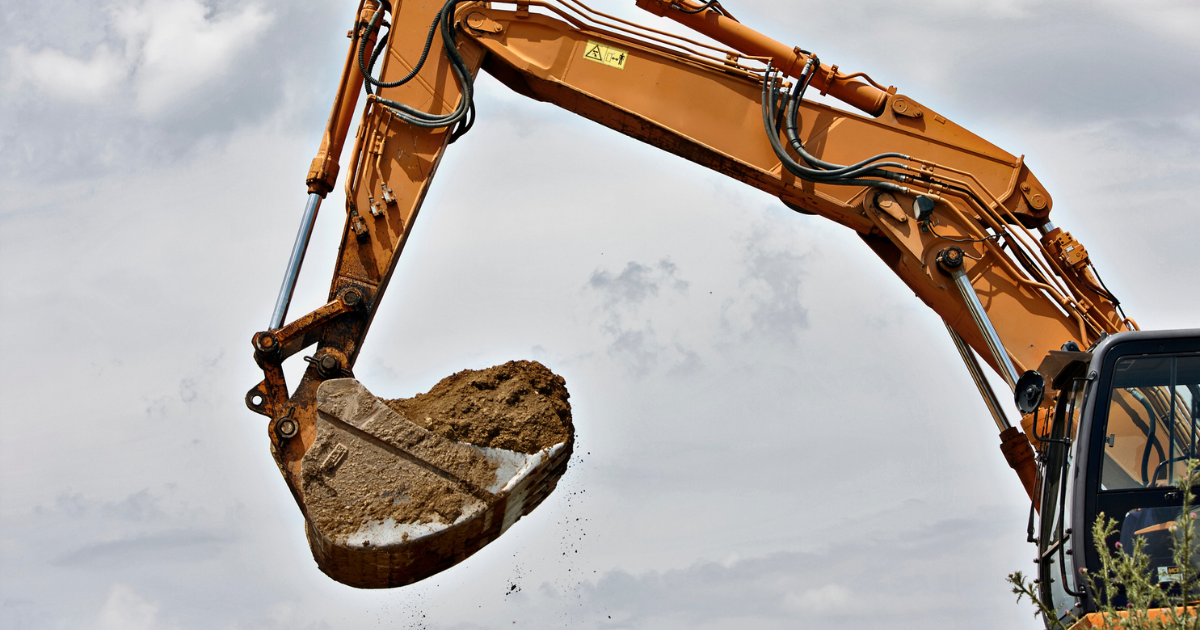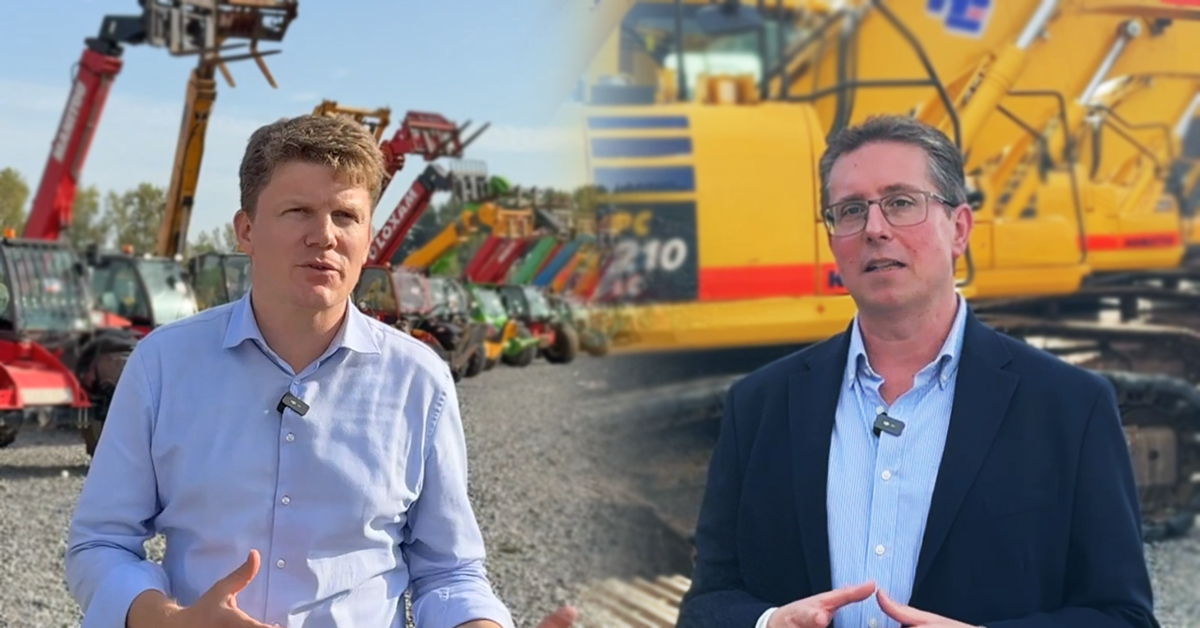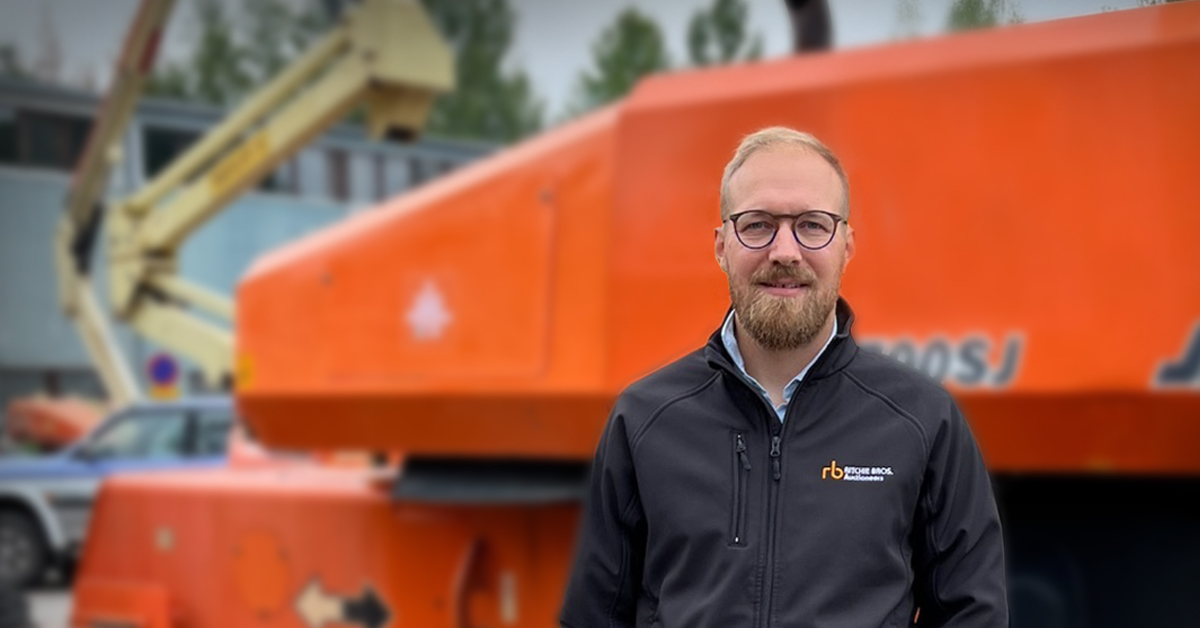Machinery rental: Key trends to watch in 2023
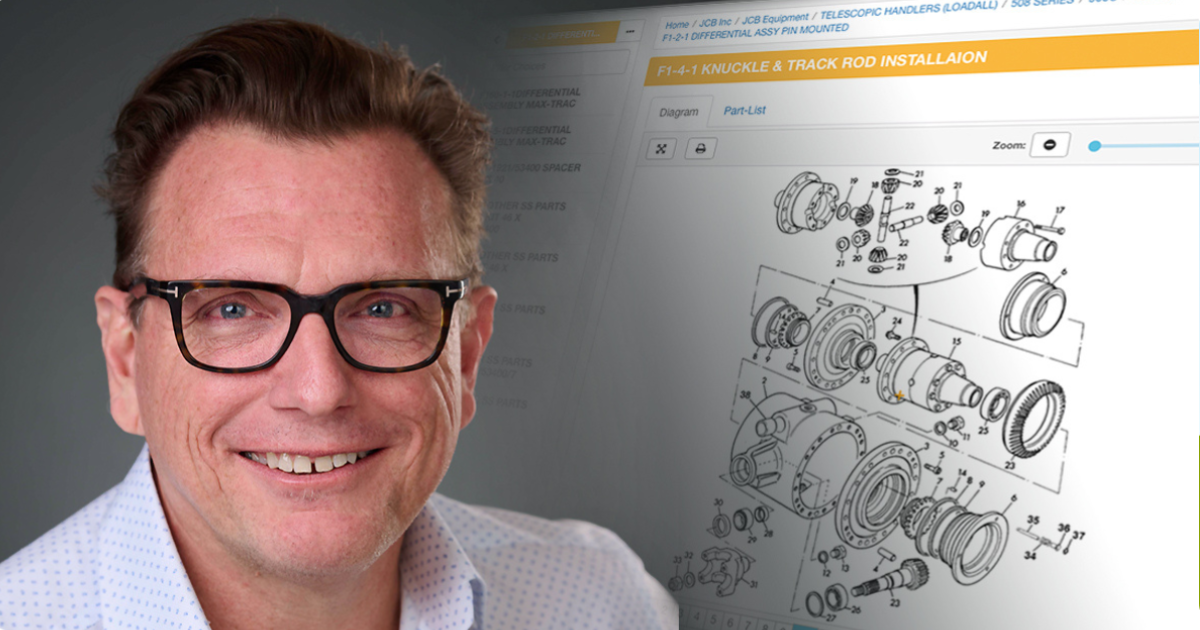
Digitisation, supply chain disruption, and consequent ageing fleets have reshaped the machinery industry in the past three years. But how do these trends specifically affect the machinery rental sector? We asked Alex Schuessler, SmartEquip’s founder and president of its international group, to share his views on the current industry landscape. This is what he told us:
1. What is the market sentiment for the rental sector in Europe this year?
“It’s positive, in much the same way that the rental industry has benefited from market fluctuations in the past. In the early days of the rental industry, periods of economic uncertainty accelerated its growth because, for individual contractors, renting machines was always safer and more attractive than buying. The growth of the rental industry was based on counter-cyclical dynamics. Today, with rental penetration being much higher and the industry being more mature, it still provides a strong alternative in an environment governed by supply chain disruptions affecting owned machinery. There are strong substitution effects.”
2. What are the biggest challenges and opportunities for a mid-sized machinery rental company in 2023?
“Rental companies have had to age their machines due to supply chain disruptions, which have impeded both machine and spare part deliveries. This has been more impactful in North America and Europe because fleets there tend to be of lower average age compared to rental fleets in Japan, for example. And as machinery ages, its consumption of parts and services increases non-linearly as well. The good news is that technology such as ours supports the aftermarket with automated service and intelligent parts procurement support.
The other good news is that such automation is no longer reserved just for large companies. It is accessible to virtually anyone. When SmartEquip began, the platform was only relevant to big companies with hundreds of locations, data centres, servers, etc. It was millions of euros of investment. Nowadays, with the advent of cloud technology, technology is accessible to far smaller companies like never before. And this is very exciting.”
3. What is currently the role of digitalisation in the rental industry?
“Within a rental company, there are different areas where digitisation is relevant. In Europe, we see this a lot, with the European Rental Association actively supporting digital transformation. Let’s take three digitisation examples from Ritchie Bros. and how they can support a rental company:
- Reducing total cost of ownership: This relates to higher efficiency in repairing, maintaining, and servicing machines. SmartEquip and parts procurement lie in this category. This reduces the cost of service (as service technicians become more efficient), spare parts (as the right parts are automatically identified and purchased), and the back office, as pricing now matches between buyer and seller, essentially eliminating accounts payable (AP) and accounts receivable (AR) issues.
- Identifying market worth: Another Ritchie Bros. service, Rouse, can show you your asset’s worth. This is very important for fleet management, as it can help you decide when to sell a machine and what the likely price will be.
- Identifying rental value: Rouse, again, can show you what the typical rental rate for a particular piece of machinery is and, therefore, what your likely turnover will be.
When you have all three pieces of information, you can establish a workflow that automatically determines whether: (1) to repair a machine; (2) to sell it or keep using it, given its market value; or (3) to keep it in your rental fleet, given its likely return on asset there. This triangulation is very powerful in maximising your business’s financial success.”
4. How can SmartEquip help a rental company overcome a business challenge?
“We provide an essential part to lifecycle cost management, in that we significantly reduce the cost of parts and service for your operation: parts costs become predictable, and your existing group of service technicians can accomplish more, as we dynamically support them in their work, customised to the make, model, and serial number of the machine they are working on. But we also have a very direct impact on turnover: each time you save 4, 5, or 6 hours on a repair, your machine is available for that extra time, too: even if you get just one additional rental out of it, it will increase your turnover as well as your general profitability, as the additional rental income comes with essentially no additional cost.”
| In case you missed it: Kiloutou Germany joins the SmartEquip network |
5. Can you provide a specific example of how SmartEquip can help a mid-sized rental company?
“SmartEquip is connected to the supplier (the manufacturer or the dealer) and the machine’s owner. When the owner buys a spare part, both the seller and the buyer can see the same price in our system. This is a great benefit because there are many cases where a company buys something, but the invoice differs from what is in the system or from what was agreed. In a big rental company, this would lead the finance department to check every transaction and try to deal with the accounts payable issue. However, in a small or mid-sized company, our experience shows that there is usually no accounts payable department. So, when people find an incorrect price, they must assign someone else, such as a service technician, to negotiate with the supplier to correct it. This would take valuable time out of the technician’s day to resolve the problem. This means that the impact, on a pro-fleet basis, is much bigger for a smaller company -which has a lower level of specialisation- than a larger one. So, we should dissolve the myth that smart fleet management is only for big rental companies.”
6. What advice would you give to fleet managers for maximum return of their revenues in 2023?
“The first thing you must remember is that your fleet has aged. Bringing efficiency to parts and services today will have much more impact than it would have had five years ago. So, invest today; now is a great time to do it. Second, technology is there, both for you and the suppliers. The world is different, with tremendous efficiency lifts due to technology. In the past, all solutions used to be separate. Now the industry is thinking more horizontally, so the different solutions have started integrating. This brings opportunities that never existed before. You cannot afford not to be involved because you will miss out on your competitors.”
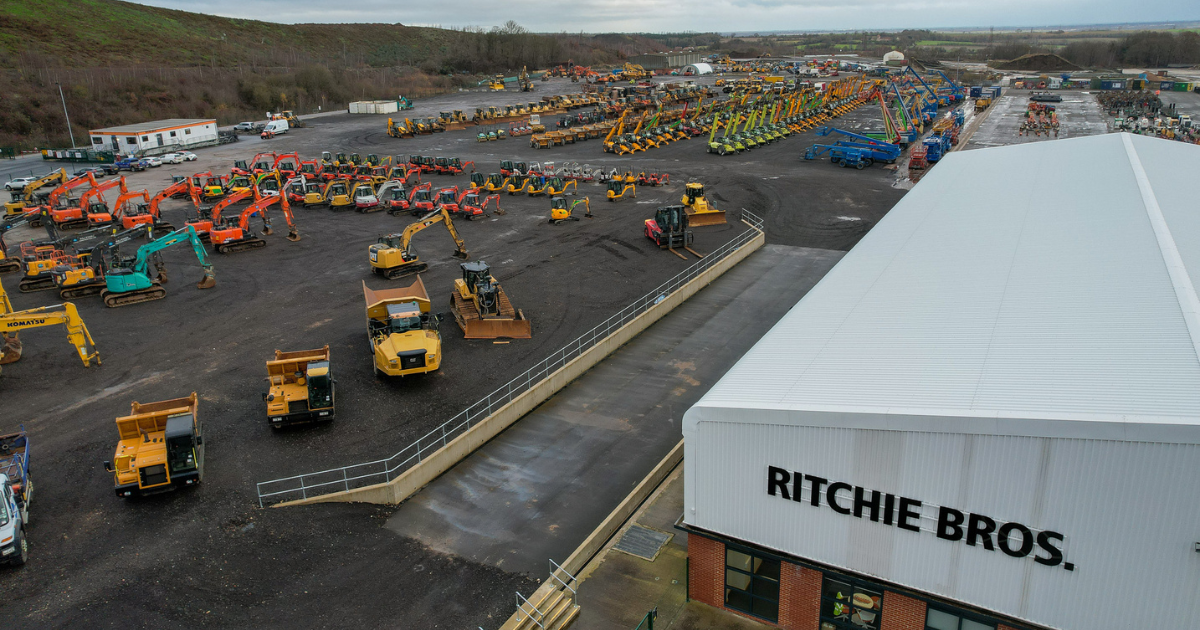 |
Shifting Gears: Ritchie Bros UK accelerates into 2024 |




